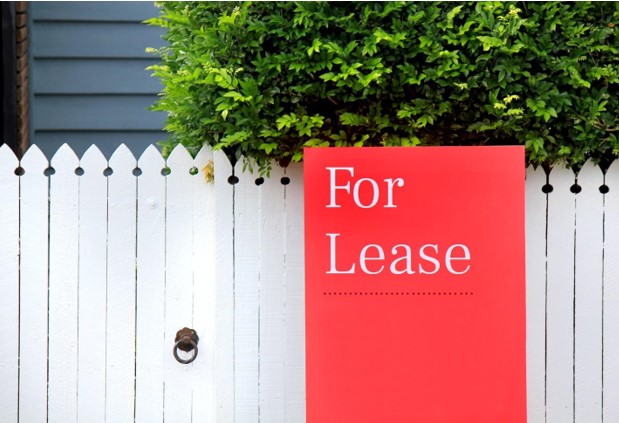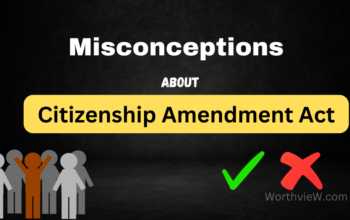There may come a time when you want to break the lease while living in a rental. Breaking a lease isn’t ideal but sometimes it’s necessary. Leases are legally binding when signed by the parties involved, so it’s a good idea for all parties to have knowledge of the potential consequences for breaking the lease. However, should it become necessary to do so, let’s explore how to break a lease with minimal penalty.
Step 1: Know Your “Why”
Your reason for wanting to break your lease is going to determine everything. Depending on your reason, you may be able to walk away without consequence or legal penalties. The most common reasons include higher than average rent prices, a need to downsize to a smaller place or vice versa, relocation, or a dispute with a neighbor or landlord.
Step 2: Thoroughly Review Your Lease
In most cases, early termination of a lease agreement is outlined in agreement itself. The terms are likely to vary from lease to lease, but most of the time the tenant has to pay a certain amount within 15 days of breaking their lease.
So, once you decide breaking the lease is necessary, go through your lease carefully. If there are any clauses related to getting out of a lease, follow those steps to a tee.
Step 3: Consult with a Real Estate Agent or Attorney
You might not be well-versed with real estate laws or landlords’ rights. Therefore, it would be wise to consult with a real estate agent or attorney even if there is a clause in the lease about breaking the lease. Chances are they’ll be able to give you insight on how to get out of a lease while avoiding significant penalties.

Step 4: Talk to Your Landlord
You should talk to your landlord and tell him or her about your decision. If your reasons are not legally protected, your landlord will probably not approve of your leaving without some resistance. Be transparent and honest about your reason(s) for wanting to vacate the property before the end of the lease term.

Step 5: Make an Offer
Look for a remedy to soften the blow for the landlord and his or her pocketbook. The best case scenario is your landlord agrees to work with you on a plan to accommodate your request in a way neither of you sustain a financial blow. There are two possible options that you can explore:
- Subletting: This is when someone takes over your lease and lives there for the remaining period of the lease. Should you choose this option, understand that you will still be responsible for anything the subletter does or doesn’t do. You will only get your security deposit back once the lease term is over and the cost of any repairs are deducted.
- Re-renting: Another option is to find a new tenant to replace you. The new tenant will sign his or her own lease and you wouldn’t be responsible for anything related to the rental anymore. However, if the landlord is unable to find a replacement, you may be asked to pay rent for the remaining time of the lease.
When a Tenant can Get Out of a Lease Without Penalty
- Health issues: The tenant can file a health complaint with the landlord if he/she has to vacate the property due to a health-related reason.
- Lease agreement violation: The landlord violates the rules set in the lease such as inspecting the property without prior notice.
- Military service: Federal law allows active military personnel to break a lease if they are called to duty. However, they have to show an official document that proves they are being transferred.
- Domestic violence: A tenant may leave without penalty if they are a recent victim of domestic violence.
- Illegal rental: A tenant can break the lease if the rental is not a legal rental property.
Potential Consequences of Illegally Breaking a Lease
- A landlord can file a lawsuit against a tenant to recover rent owed.
- A landlord may sue the tenant for breach of contract and ask for a fine.
- A tenant could get an eviction on record.
- A significant reduction in credit score.
- Difficulty getting a future rental.
Conclusion:
Breaking a lease can be expensive, especially if your landlord is not moved by your story. You and the landlord are going to be affected by the decision so it is crucial to develop an understanding of the possible implications.
Related Posts















